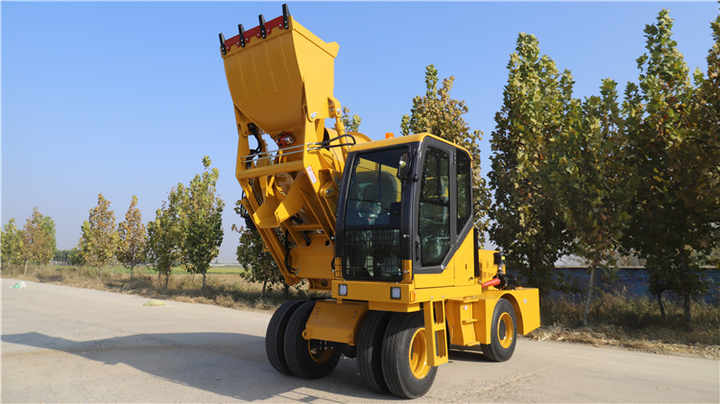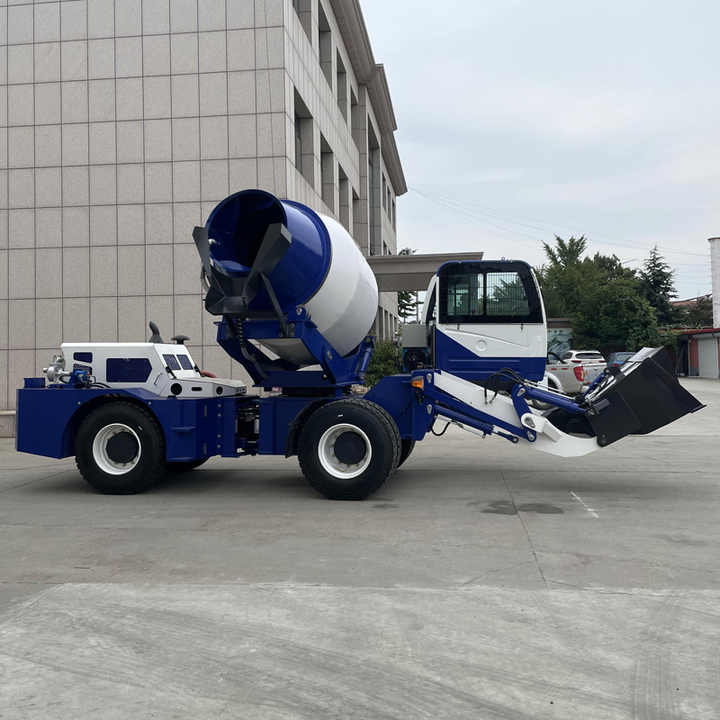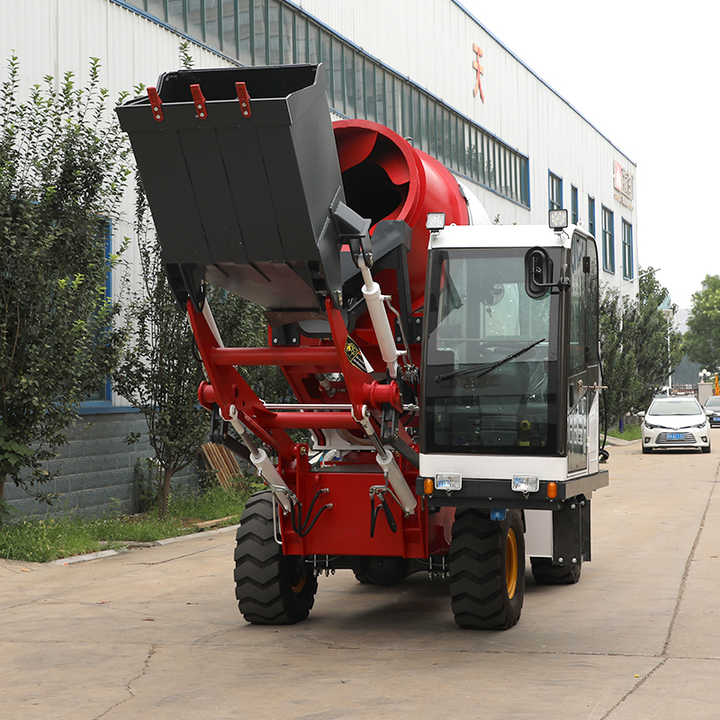The Relationship Between Concrete Pumps and Concrete Pump Trucks
In the construction industry, the terms "concrete pump" and "concrete pump truck" are often used, sometimes interchangeably, which can lead to confusion. Understanding the relationship between these two terms is essential for anyone involved in concrete construction projects. This article aims to clarify the distinctions and connections between concrete pumps and concrete pump trucks, providing valuable insights for construction professionals and equipment buyers alike.
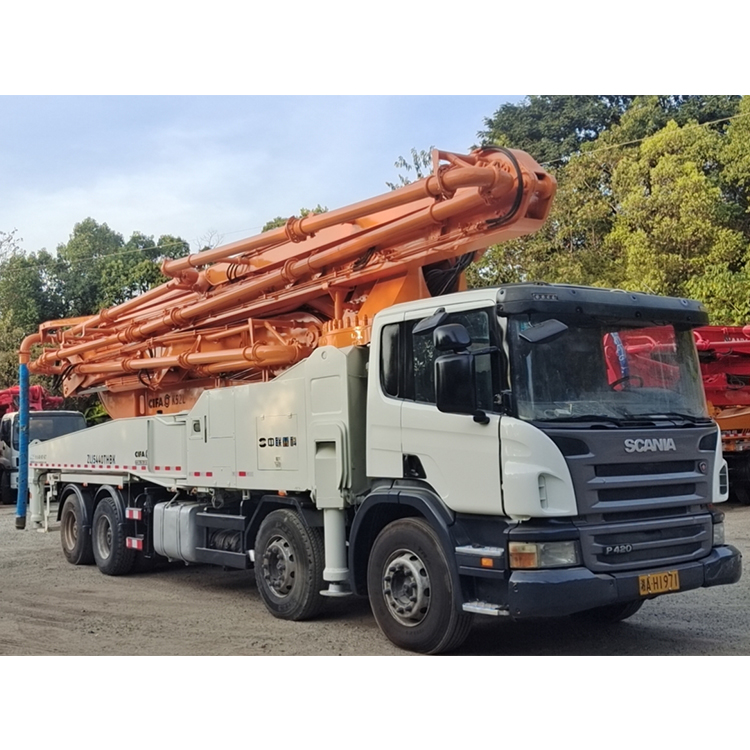
### Concrete Pumps: The General Category
Concrete pumps are specialized devices designed to transport concrete from a mixing location to a pouring site. They are equipped with special pipelines that ensure the concrete is delivered evenly and densely. The main parameters of a concrete pump's hydraulic system determine the speed and height of concrete delivery, while the length of the placing boom (or boom) determines the horizontal reach. Concrete pumps come in two main types: stationary and mobile. Stationary pumps are typically used for large, fixed construction sites, while mobile pumps offer greater flexibility and are suitable for projects with varying locations.
Concrete pumps are versatile and can be used in a wide range of construction applications. They are particularly effective for projects requiring long-distance concrete delivery, such as high-rise buildings and large infrastructure projects. The ability to deliver concrete over significant horizontal distances (up to 205-300 meters) and vertical heights (over 100 meters) makes concrete pumps indispensable in modern construction.
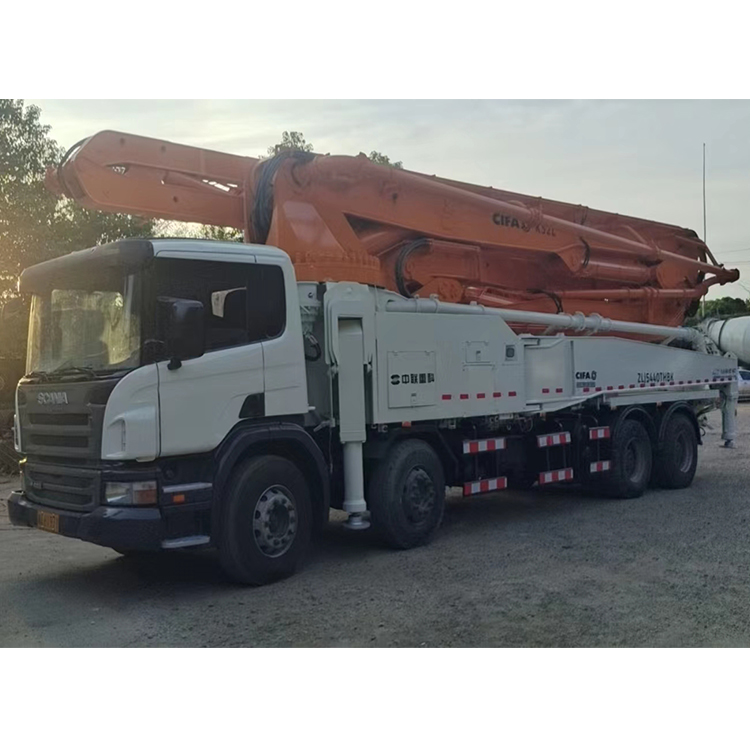
### Concrete Pump Trucks: A Specialized Subset
Concrete pump trucks, also known as boom trucks or mobile concrete pumps, are a specific type of concrete pump. They combine the functionality of a concrete pump with the mobility of a truck. These vehicles are equipped with a concrete pump and a placing boom mounted on a truck chassis. The main advantages of concrete pump trucks are their mobility and flexibility. They can move easily between different construction sites and are particularly useful for projects that require frequent relocation.
The hydraulic system and boom length of a concrete pump truck determine its pumping speed, vertical height, and horizontal reach. These trucks are highly maneuverable and can navigate through tight spaces, making them ideal for urban construction sites and complex projects. The placing boom allows for precise concrete placement, even in hard-to-reach areas, and can overcome obstacles such as walls and scaffolding. This makes concrete pump trucks particularly popular for bridge construction and other projects where precise concrete placement is crucial.
### Key Differences and Considerations
While concrete pumps and concrete pump trucks share many similarities, there are key differences to consider when choosing the right equipment for a project. Stationary concrete pumps are generally more cost-effective for large, fixed construction sites where mobility is not a concern. They offer high pumping capacity and are suitable for projects requiring continuous concrete delivery over long distances.
On the other hand, concrete pump trucks are ideal for projects that require frequent movement and precise placement of concrete. Their mobility and flexibility make them suitable for urban construction, infrastructure projects, and other applications where access and maneuverability are critical. Additionally, the placing boom of a concrete pump truck allows for efficient and accurate concrete delivery, reducing the need for additional labor and equipment.
### Conclusion
Understanding the relationship between concrete pumps and concrete pump trucks is crucial for making informed decisions in construction projects. While concrete pumps encompass a broad category of equipment designed for transporting concrete, concrete pump trucks represent a specialized subset that combines mobility with pumping capabilities. By considering the specific needs of a project, including the required pumping capacity, mobility, and precision, construction professionals can choose the most appropriate equipment to ensure efficient and successful concrete delivery.
Whether you are working on a large-scale infrastructure project or a smaller urban construction site, selecting the right concrete pumping equipment can significantly impact the efficiency and quality of your work. By understanding the distinctions and advantages of concrete pumps and concrete pump trucks, you can make the best choice for your construction needs.
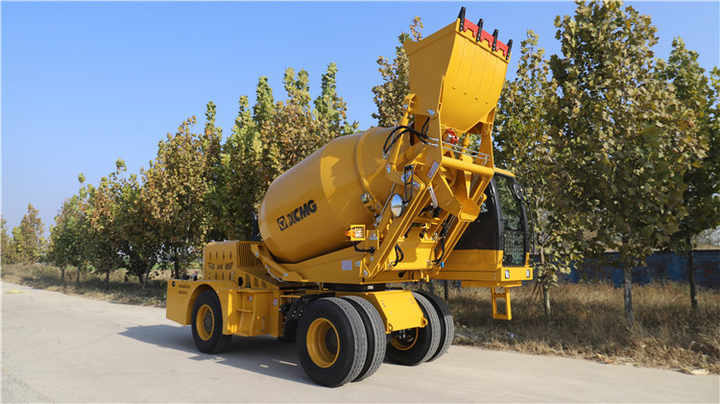 Specifications & Guideline
Specifications & Guideline

